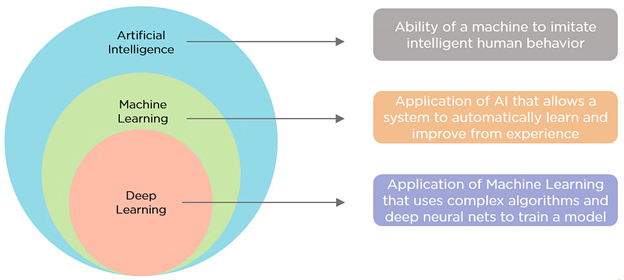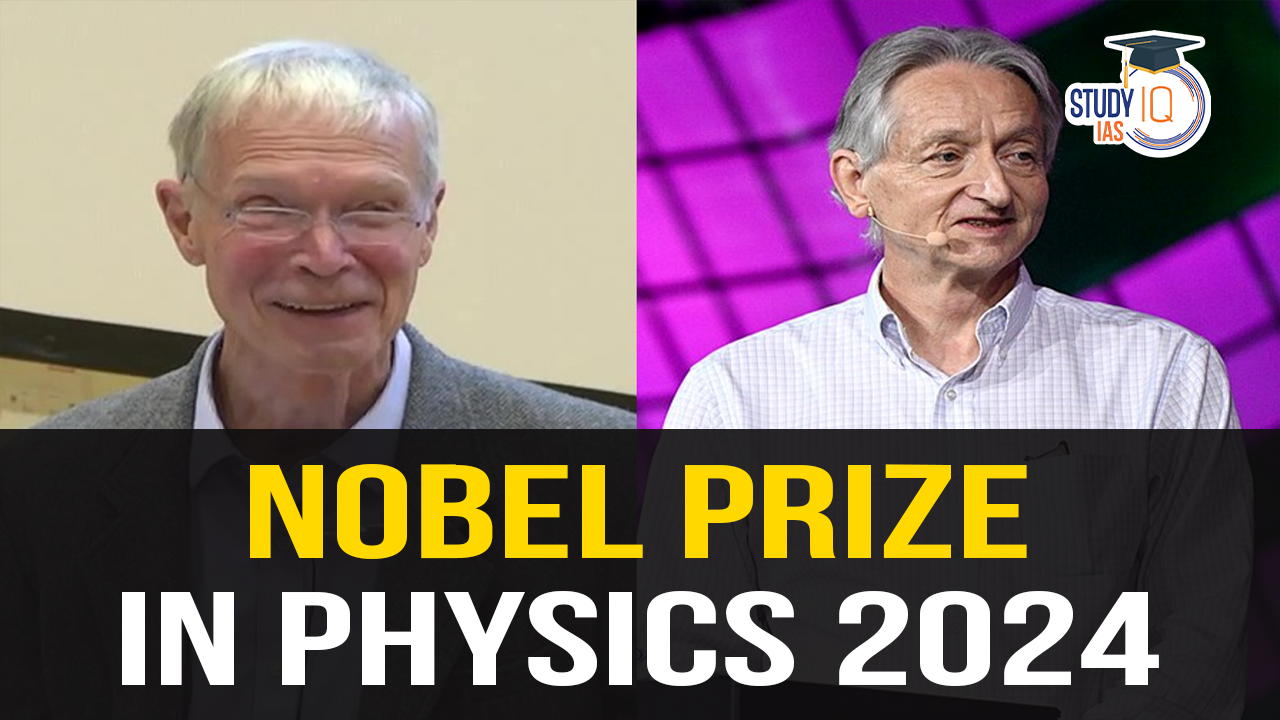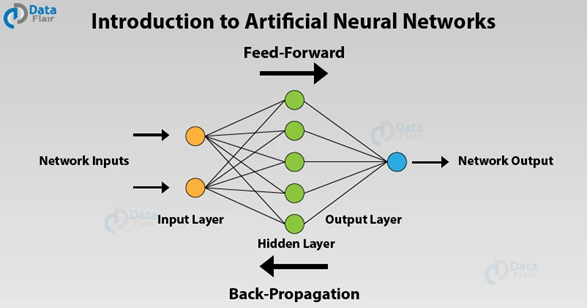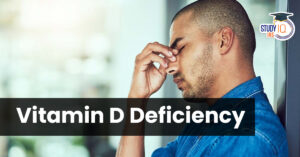Table of Contents
Nobel Prize in Physics 2024: Foundational Discoveries
- Hopfield and Hinton’s research primarily took place in the 1980s, but its impact is being felt today as AI tools become ubiquitous in everyday life.
- Their work has transformed how machines learn, allowing them to perform tasks that were previously thought to be uniquely human, such as recognizing patterns, learning from data, and making intelligent decisions.
| Artificial Neural Networks (ANN) |
|
John Hopfield’s Contributions
- Hopfield Network:
- Introduced in 1982, this neural network enables memory and learning by mimicking the connections between neurons in the brain.
- It facilitates associative memory, allowing it to store and reconstruct patterns.
- It processes information holistically rather than as isolated bits, which enables it to recognize patterns even from incomplete or noisy inputs.
- Impact on Pattern Recognition:
- Hopfields work paved the way for applications like face recognition and image enhancement tools by enabling computers to recall and regenerate patterns.
Geoffrey Hinton’s Contributions
- Deep Learning:
- Hinton advanced Hopfield’s work by developing more complex neural networks capable of understanding intricate data patterns, such as voices and images.
- He introduced a learning algorithm called backpropagation, which allows networks to improve their accuracy through repeated training on large datasets.
- His work led to the creation of deep neural networks, which are crucial for modern AI applications like speech recognition, self-driving cars and advanced medical diagnostics.
- Boltzmann Machine:
- It was developed by Geoffrey Hinton. It is an advanced type of neural network that learns from data using concepts from statistical physics.
- It can analyse data to find patterns. It uses random sampling and probability to make sense of the information it receives.
- This model can not only classify images but also create new examples based on what it has learned. This capability allows it to perform more complex tasks than earlier models.
Applications of their work
- Physics: Used in particle physics and material science.
- Medicine: Assisting in diagnosing conditions through image analysis.
- Everyday Technology: Underpinning tools such as facial recognition systems and virtual assistants.
Difference between Artificial Intelligence, Machine Learning & Deep Learning

| Nobel Prize |
|
| Related Articles |
| Nobel Prize in Medicine 2024 |
| Nobel Prize in Chemistry 2024 |
| Nobel Peace Prize 2024 |



 Vitamin D Deficiency: Causes, Symptoms a...
Vitamin D Deficiency: Causes, Symptoms a...
 GAURAV: Long Range Glide Bomb (LRGB)
GAURAV: Long Range Glide Bomb (LRGB)
 Gestational Diabetes Mellitus (GDM), Cau...
Gestational Diabetes Mellitus (GDM), Cau...





















